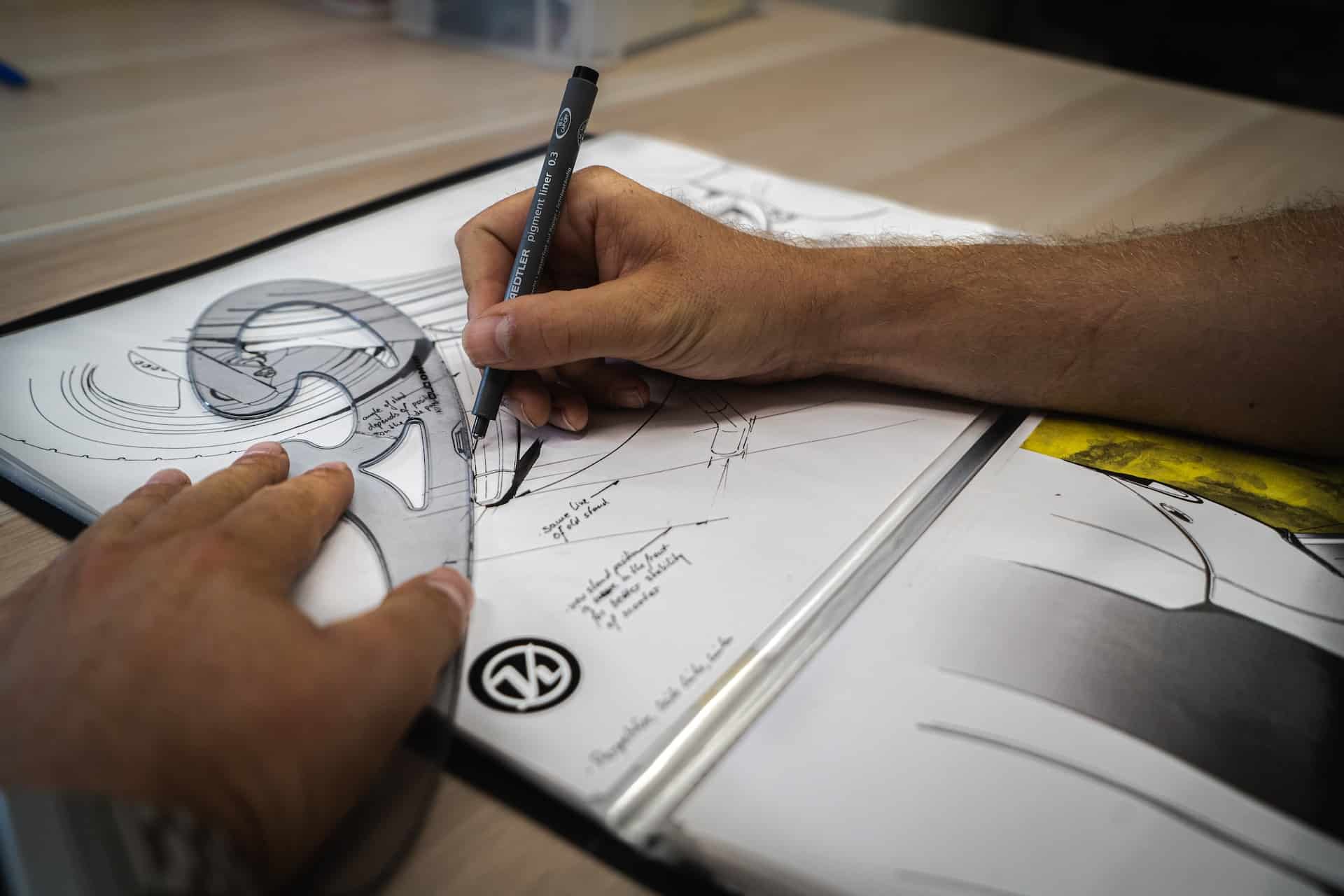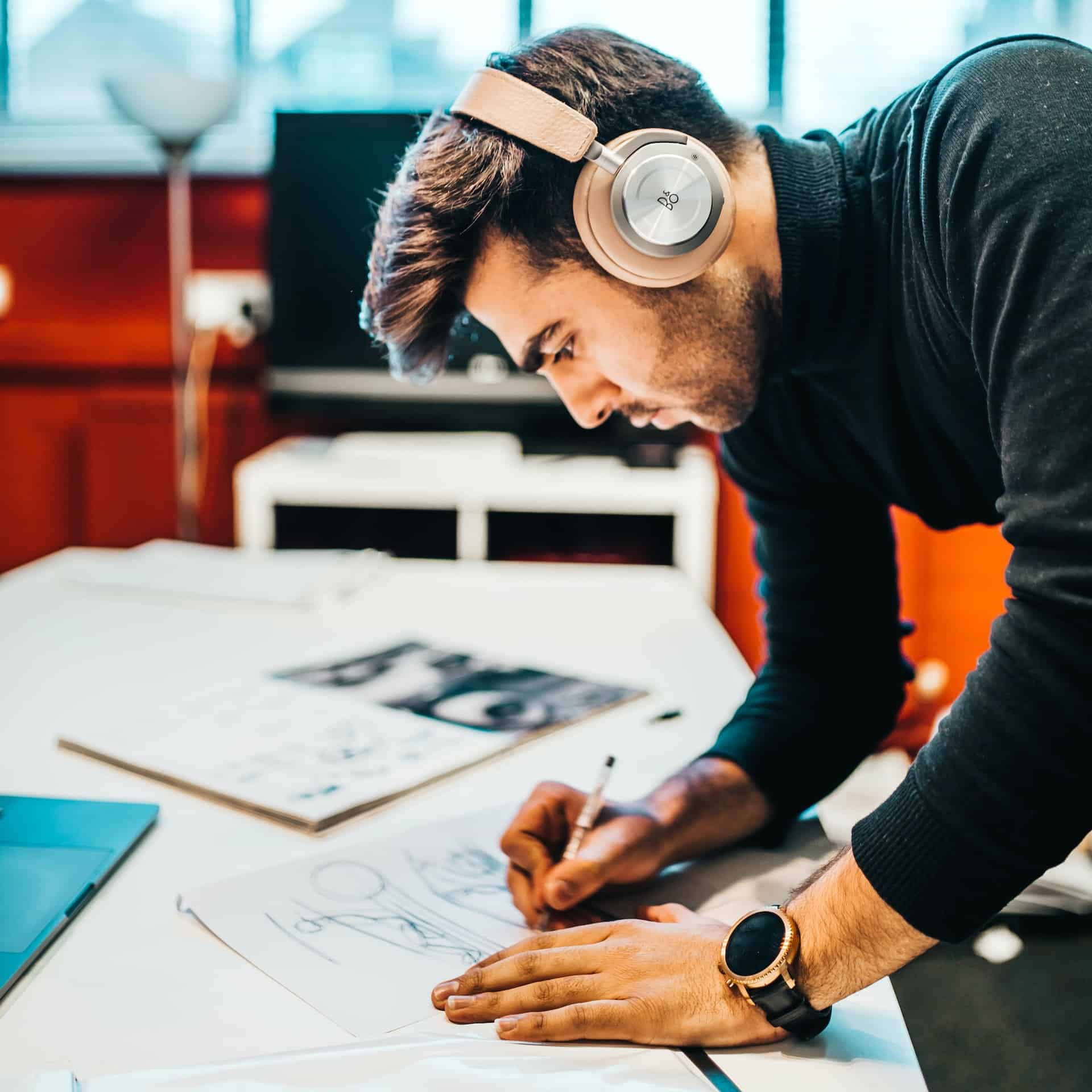If you’re on your way to creating new and unique products for today’s market, you’ll first need to consider the many steps to get there. There will be hurdles and difficulties along the way from that initial spark of inspiration until the final product launch. Providing the market with a unique item or service that improves many lives requires more than just writing ideas on a napkin.
The effective prototyping of your products is essential because it helps you spot potential pitfalls or problems with your design before you commit to the final production. We’re all human, and there are almost always things we can improve upon from the first draft. Not to mention the costly repercussions of producing models of your products with mistakes or design flaws.
IMAGE: UNSPLASH
Prototyping is considered one of the most fundamental steps of product design; for these reasons, it is said that every change during the design phase that costs one dollar to fix will cost one hundred in production.
The kind of prototypes we usually create can vary depending on the product.
Some of these variations are:
- Form prototypes – To give users physical demonstrations of the product on more minor scales
- Fit prototypes- To check how products will feel to users or to verify the fitting of internal components
- Function prototypes – To assess how products might function in specific environments and stressors or to determine their longevity.
Now that you’ve got an overview of prototyping and why it is essential in your journey to product creation, it’s time to go further. We’ll guide you with the general steps it will take from the initial idea to creating your successful prototype that’s ready for production.
Brainstorm Your Product Idea
The most challenging part of the process is coming up with a great idea that will shock the market and change the world. We have so many products and devices making our lives easier that it almost feels like everything has been invented. But with science, technology and lifestyle drastically changing, this leaves room for creativity and opportunity.
If you want to think of new ideas and products effectively, there are some things you will need to do when you start. The prototype is essential, but you’ll need to refine it as much as possible during every step, including idea creation. Before seeking out your 3D scanning and printing services, you need to first consider what your final product will be, after all.
Initially, the research phase will be critical to understanding the potential client base, competition, process and costs. Then you should brainstorm with your team; it’s often the case that new insights come through when multiple people put their heads together. Finally, you must understand that you’re here to solve customer problems, so think about how your product solves them.
Sketch & Virtually Develop Your Idea
The first natural visual step in prototype creation will be sketching and drafting your products. Think of this as the pre-prototype, don’t worry about drawing perfectly; we can refine things later. The idea of sketching is to get that visual element down so we can further develop what we have.
It depends on your style and product, but those in this phase will often digitally create their prototype. This initial step could mean you use some products such as photoshop for simple editing or scanning. You could also use AutoCAD for more intricate mechanical design work with many moving pieces.
Assemble Your Physical Prototype
The most exciting part is making tangible progress on your prototype. Seeing the physical manifestation of objects you’ve created in your mind can be something special. You should also be wary of flaws but not discouraged. It’s normal to have many remakes, and this should be encouraged, so you develop the best product possible.
The levels of creation vary when you’re making your prototype, and you may want to employ engineers or designers to build it. Another tip is to ensure you’re using cheaper materials since you’re likely to keep remodelling. Then once you’ve decided on the final design, you can use more expensive materials and get the feel of the final manifestation of your product.
Finalization
Once you finish all iterations and complete the final design, you will have to find your manufacturer and begin production. Take some time to find one that can produce your products at a profitable price. You should also look at other aspects of your business launch since your product is now complete.
IMAGE: UNSPLASH
If you are interested in even more design-related articles and information from us here at Bit Rebels, then we have a lot to choose from.


COMMENTS